“Bad money drives out all good”
-Gresham’s law-
For us it’s just another civilization down in our textbooks huh… but don’t just leave it like that, there are several things we can learn from the downfall of any civilization and the mind-blowing thing is that it is the very same pattern for the downfall of any civilization… this means that it could be the same for us as well…
History repeats huh?
What is the big deal in any community that’s right it is economy, an economy is how the community gets its hustle on making and trading money, food, stuff, you name it. It’s like the heartbeat of the community, keeping things ticking and people moving.
What was the economy like in ancient Greek?
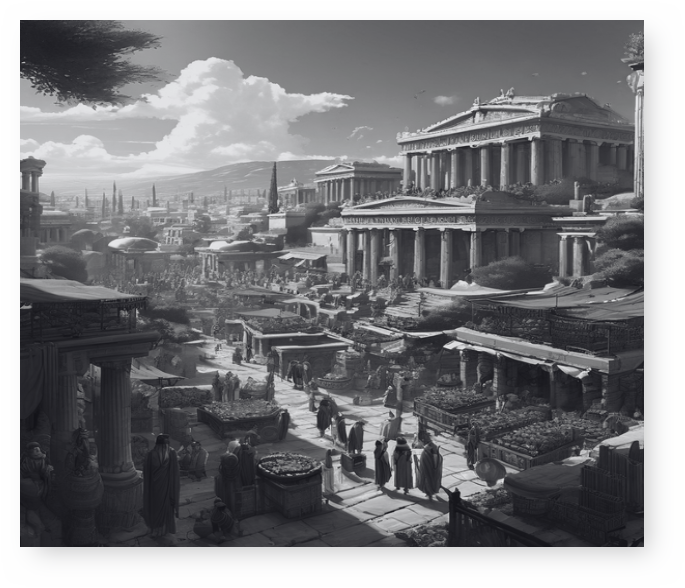
Bustling marketplaces in ancient Athens, where merchants hawked their wares and traders negotiated deals under the watchful gaze of the towering Acropolis.
The city hummed with the energy of commerce and prosperity, fueled by the innovative tax system that must have kept the wheels of the economy turning smoothly.
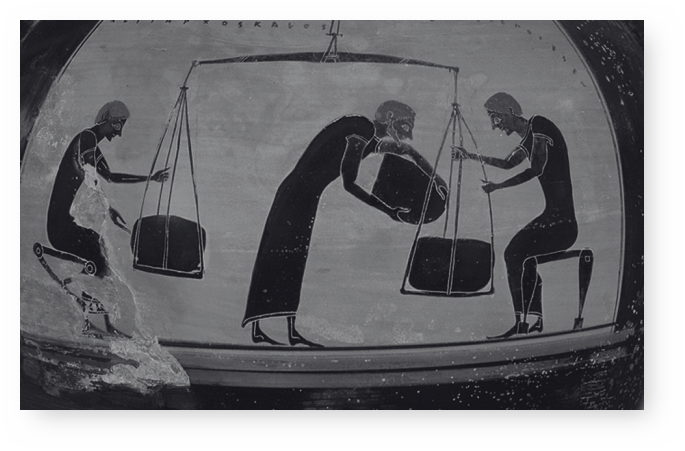
As coins changed hands and goods exchanged owners, the ancient Greeks laid the foundation for modern economies, paving the way for the free markets that continue to thrive today. In the birthplace of democracy, the spirit of entrepreneurship and financial savvy flourished…but not forever of course…
So how did such a civilization fall?
Throughout history its always been the same the utter greed for want for more and more of the rulers led to the destruction of civilizations so same goes for the ancient civilization of Greece…
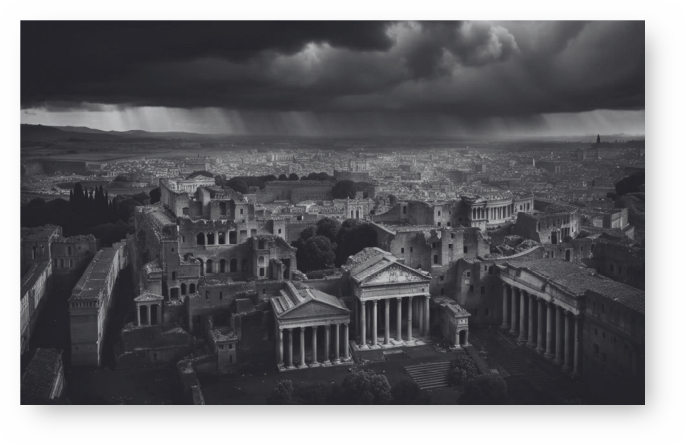
The following 7 are what is actually a repetition we see through any civilization
1. Country starts with good money which is either gold or silver or a currency backed up by gold or silver
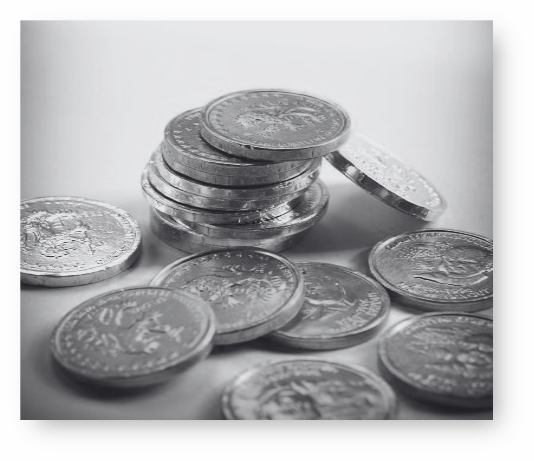
2. Adding layers upon layers of public works.
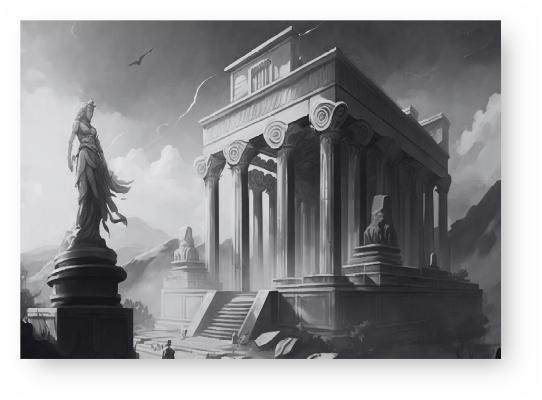
3. With the growing economic affluence there is a growth in political influence.
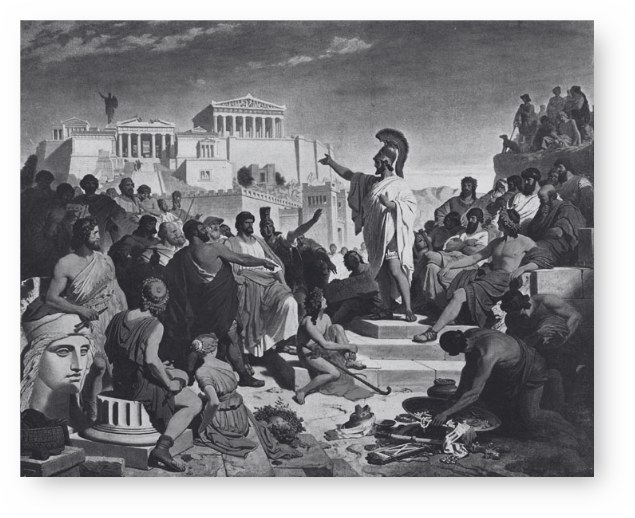
4. Use of a massive military.
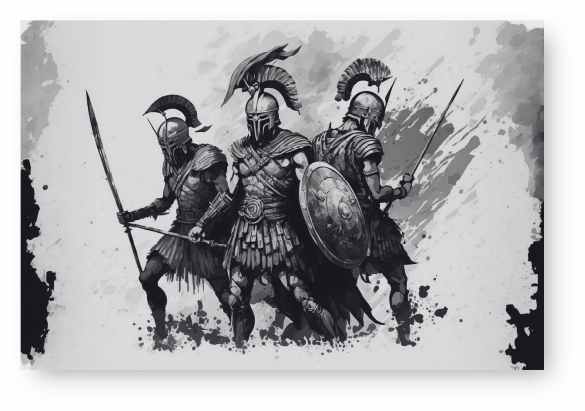
5. Sponge the wealth of the people. Debasing their coinage with base metals and a quantitative easing.

6. Loss of the purchasing power of the expanded currency supply.
7. Mass movement into precious metals or stuff that actually maintains its value.

Nestled within these words lies a captivating tale waiting to illuminate the concept for you. …
In the olden days, in a land where wealth glittered like gold and power gleamed like silver, a nation flourished under the weight of its prosperity. Mighty public works adorned the landscape, monuments to the grandeur of a society on the rise. As the coffers filled with riches, so too did the halls of the rulers echo with the voices of the influential and powerful, their sway growing ever stronger with each passing coin.
Like a shadow creeping slowly across a golden field, a dark turn loomed on the horizon. A colossal military machine emerged, fueled by the sponge of the people’s wealth. Debasing their once-pure currency with base metals, the rulers engaged in a dangerous dance of creating more and more coins with the gold coins by mixing it worthless metals, diluting the very essence of their money until its purchasing power dwindled to mere shadows of its former glory.
Amidst this maelstrom of monetary manipulation, the people stirred restlessly, their faith in fiat faltering. Like a river cutting through the land, a mass movement swept across the nation, drawing citizens towards precious metals and other enduring stores of value. In a world where wealth was but a fleeting illusion, they sought refuge in the timeless solidity of assets that held true worth, guarding against the ravages of inflation and the whims of the powerful.
Often has it crossed my fancy, that the city loves to deal
With the very best and noblest members of her commonweal, just as with our ancient coinage, and the newly-minted gold.
Yea for these, our sterling pieces, all of pure Athenian mould,
All of perfect die and metal, all the fairest of the fair,
All of workmanship unequaled, proved and valued everywhere
Both amongst our own Hellenes and Barbarians far away,
These we use not: but the worthless pinch beck coins of yesterday,
Vilest die and basest metal, now we always use instead.
Even so, our sterling townsmen, nobly born and nobly bred,
Men of worth and rank and mettle, men of honourable fame,
Trained in every liberal science, choral dance and manly game,
These we treat with scorn and insult, but the strangers newliest come,
Worthless sons of worthless fathers, pinch beck townsmen, yellowy scum,
Whom in earlier days the city hardly would have stooped to use
Even for her scapegoat victims, these for every task we choose.
O unwise and foolish people, yet to mend your ways begin;
Use again the good and useful: so hereafter, if ye win
‘Twill be due to this your wisdom: if ye fall, at least ’twill be
Not a fall that brings dishonour, falling from a worthy tree.
-extracted from the play “The Frogs”-


